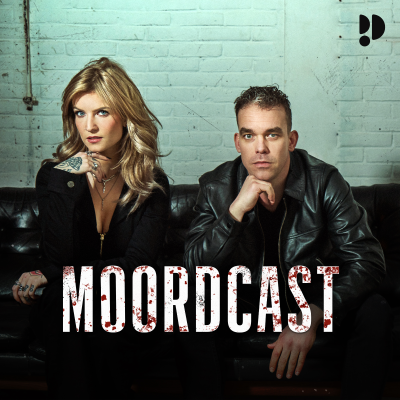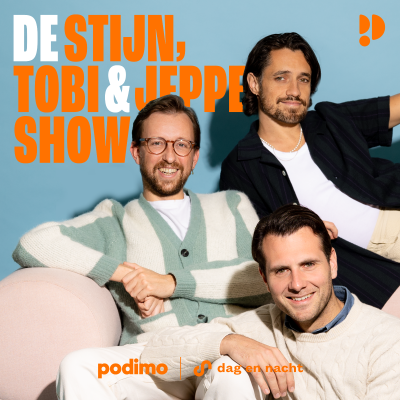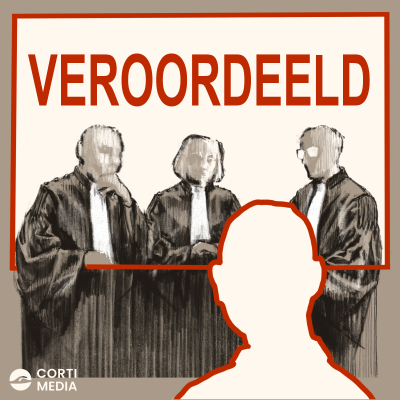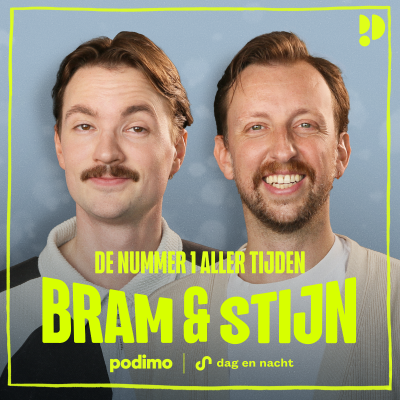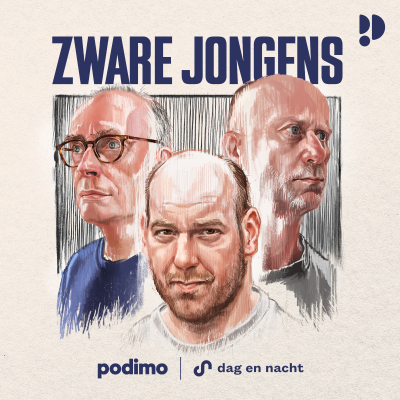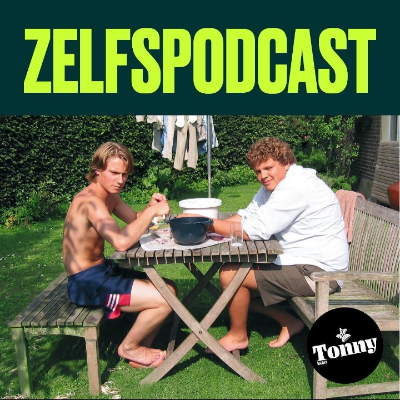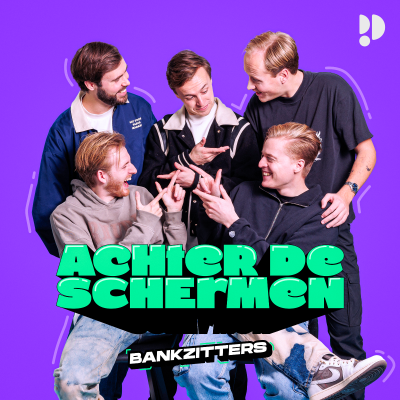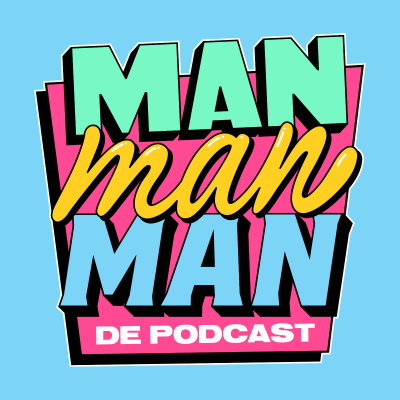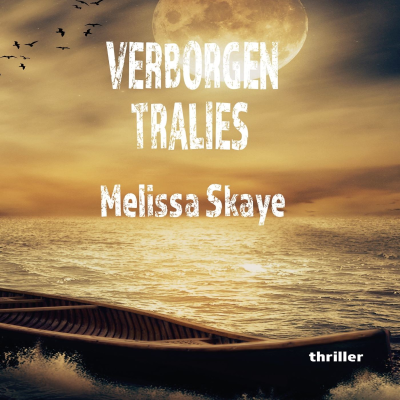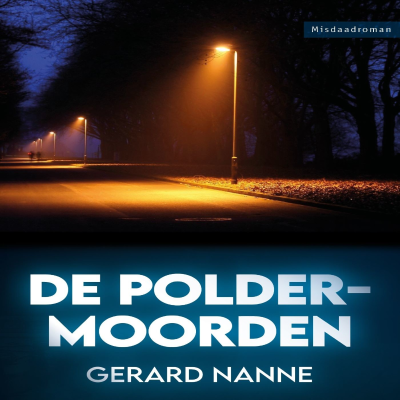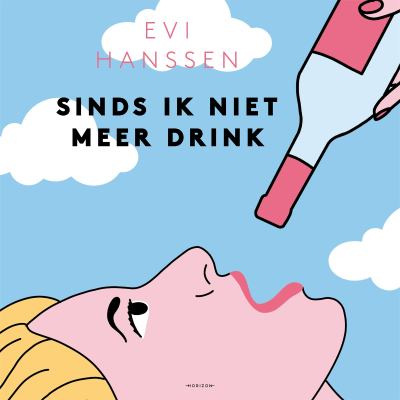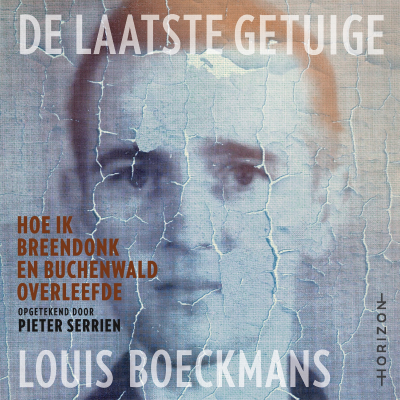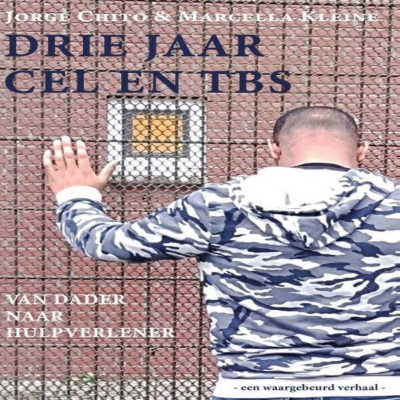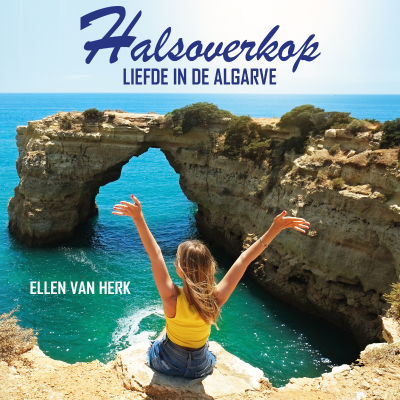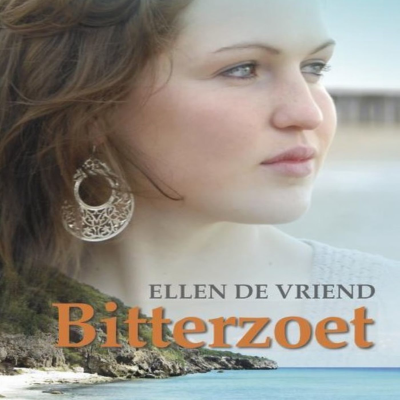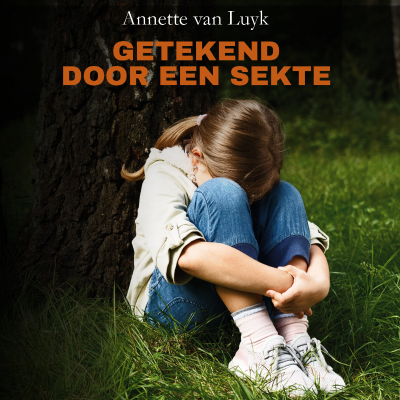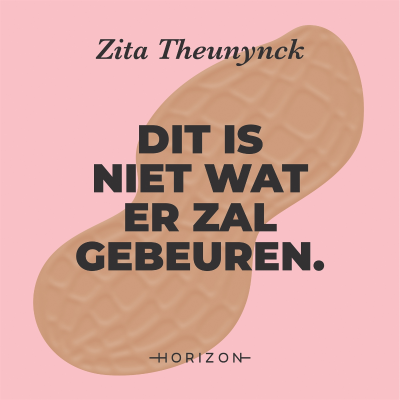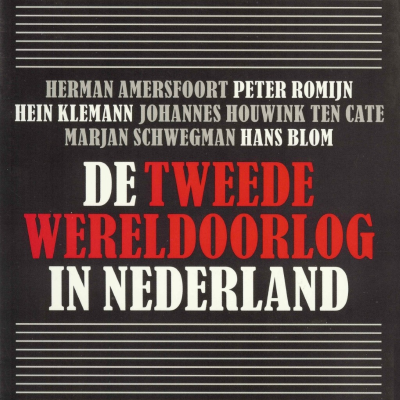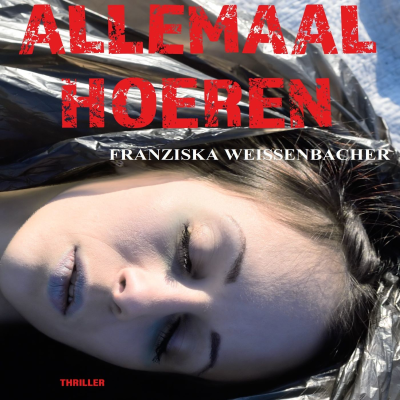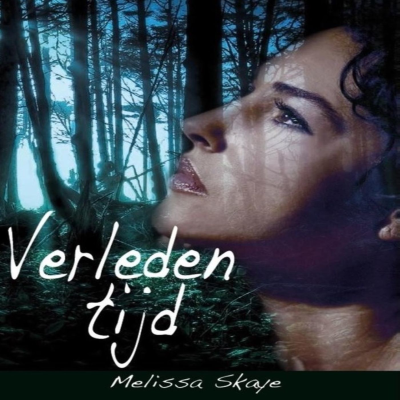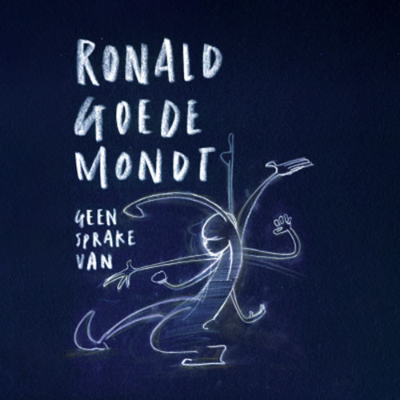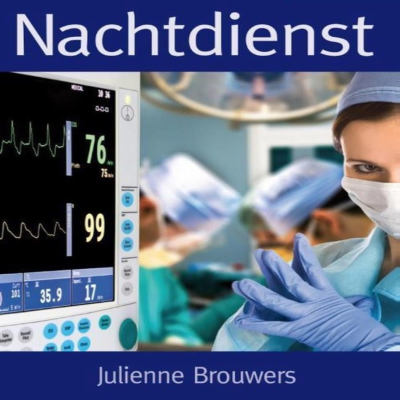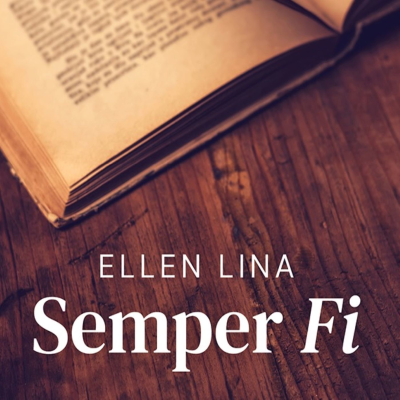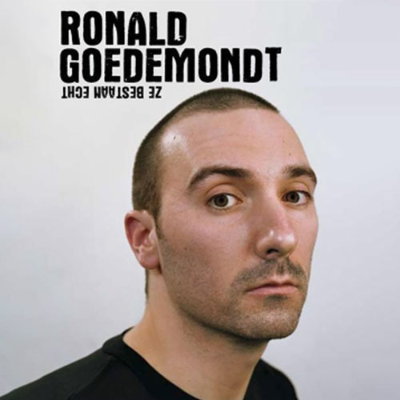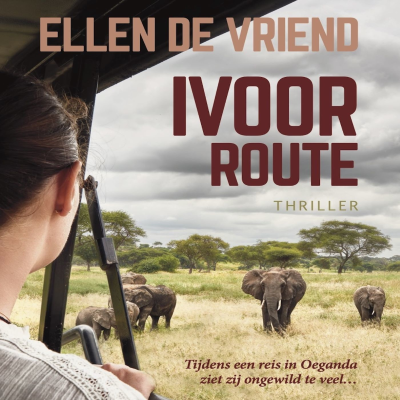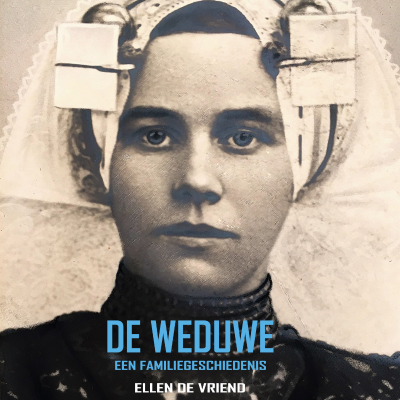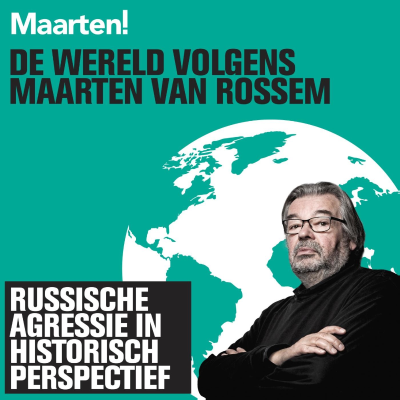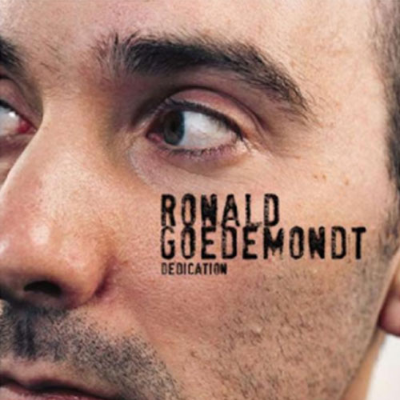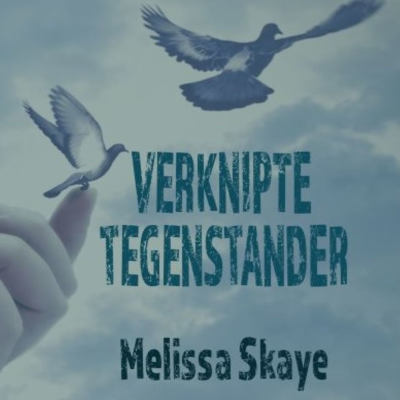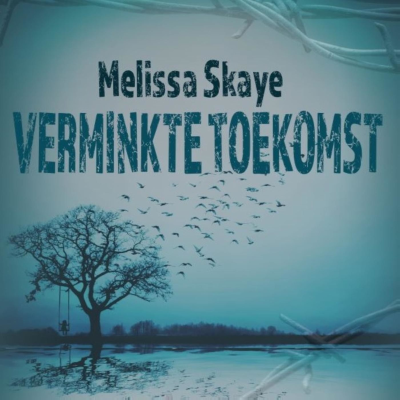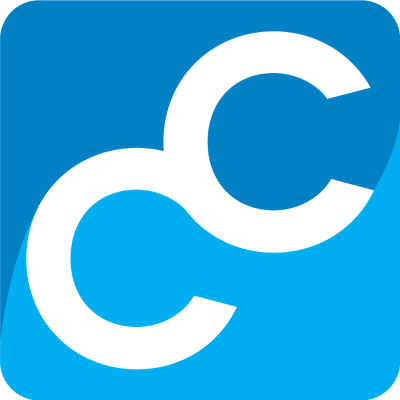
CoachCampus Podcast
Podcast door CoachCampus Podcast
Tijdelijke aanbieding
2 maanden voor € 1
Daarna € 9,99 / maandElk moment opzegbaar.
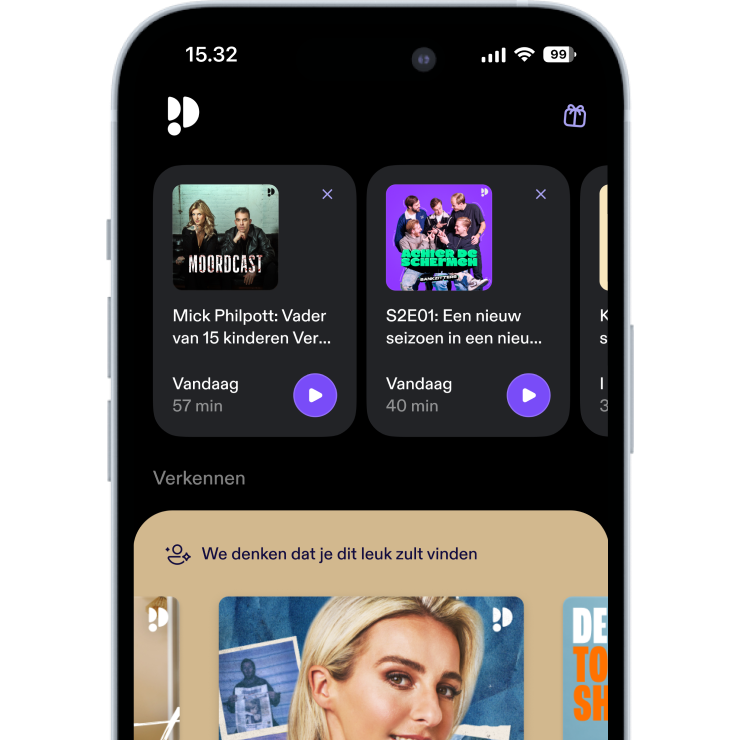
Meer dan 1 miljoen luisteraars
Je zult van Podimo houden en je bent niet de enige
Rated 4.7 in the App Store
Over CoachCampus Podcast
Coach Training School
Alle afleveringen
25 afleveringenRobyn Logan CEO, International Coach Academy Last week Merci Miglino and I hosted calls with 6 of our amazing coaches to celebrate International Coaching Week. We covered a range of topics and the coaches shared freely on topics such as – How they came to coaching / How they chose their niche or specialty / How they chose their client group, how they attract clients and more. LISTEN TO THE AUDIO INTERVIEW WITH ROBYN LOGAN Download Transcript [https://s3.amazonaws.com/CoachPods/Day-In-A-Life/TeleseminarTranscriptRobynICW.pdf] FEATURED COACHES [https://coachcampus.com/wp-content/uploads/2017/03/Sarah-Creek-150x150.jpg] [https://coachcampus.com/wp-content/uploads/2017/03/Sarah-Creek-150x150.jpg]Sarah Creek, Simplicity Coach CANADA Sarah was originally from Montreal and now lives in Alberta, Canada. Sarah came to coaching after working for 14 years as an Interior designer. She would often notice in her work that more often than not, an “outside” change was not fully what her clients were after. Sometimes a new paint job or new furniture didn’t quite cut it. The change they were looking for was an “inside” one. After graduating from ICA Sarah set up Pure Simple Change and now works with visionary women who want to unlock their greatness. [https://coachcampus.com/wp-content/uploads/2017/05/Ange-Anderson-194x200.jpg] [https://coachcampus.com/wp-content/uploads/2017/05/Ange-Anderson-194x200.jpg]Ange Anderson, Responsibility Coach AUSTRALIA Ange is from Australia and at the time of this recording was working in a remote Aboriginal community north of Brisbane. Ange came to coaching after being made redundant from a company she loved. It turns out that event was one of those life changing moments. The company paid for her to do a positive psychology course and it was during that program that she realised coaching was her next pathway. Whilst still studying as a coach Ange set up her business “OwnYourShitGirl.com” and currently coaches women who are already kicking goals but just need that little bit of help to get to the next level. [https://coachcampus.com/wp-content/uploads/2017/05/SIDDHARTH-ARORA-194x200.jpg] [https://coachcampus.com/wp-content/uploads/2017/05/SIDDHARTH-ARORA-194x200.jpg]Siddharth Arora, Sales Coach HONG KONG Sid is originally from India and now lives in Hong Kong, having previously worked in India, Singapore, Japan and Australia. Sid came to coaching from his experience as a client in the corporate sector. The benefit he received from coaching made him want to share and contribute to the growth and development of others. After graduating form ICA he has now blended coaching with his love of sales and is currently working as a Sales Coach. LISTEN TO THE AUDIO INTERVIEW WITH MERCI MIGLINO GERDI-VERWOERT-150x150 [https://coachcampus.com/wp-content/uploads/2017/05/GERDI-VERWOERT-150x150.jpg]Gerdi Verwoert, Life Coach AUSTRIA Gerdi Verwoert is a Certified Professional Coach and Mountain Seeker Extraordinaire. She left 20+ years in the corporate world behind, and moved to the mountains where she now coaches people who want to live life on their own terms. Gerdi uses blends coaching, and hiking as a metaphor, for life and life’s challenges. Read More [https://coachcampus.com/podcasts/day-in-life-of-coach/gerdi-verwoert-life-coach-austria/] Julie-Griffin-150x150 [https://coachcampus.com/wp-content/uploads/2017/05/Julie-Griffin-150x150.jpg] Julia Griffin, Diversity Coach UNITED KINGDOM Julia is based in the United Kingdom and is a current student of International Coach Academy’s Advanced Coach Program. As a communicator, relationship-builder, creative and technologically savvy person, Julia provides training and coaching with a focus on equality, diversity and inclusion.Read More [https://coachcampus.com/podcasts/day-in-life-of-coach/julia-griffin-diversity-coach-canada-united-kingdom/] Mindy-Kaleta-150x150 [https://coachcampus.com/wp-content/uploads/2017/05/Mindy-Kaleta-150x150.jpg]Mindy J Kaleta, Life Coach UNITED STATES When Mindy Kaleta sees a woman who is mindlessly moving through life unaware of her true potential, she feels deeply for her. Because she was once that woman herself. Mindy now blends her independent publishing experience, with coaching and is now a Book Creation and Publishing Coach. Read More [https://coachcampus.com/podcasts/day-in-life-of-coach/mindy-j-kaleta-life-coach-united-states/]
DAY IN THE LIFE OF A COACH] INTERVIEW WITH ICA COACH, ROSSELLA PIN (TRANSFORMATIONAL COACH, ITALY) Rossella knows how to leverage her skills as a business development and project manager, transformational coach and mentor to promote professional coaching and its value in the workplace. Employed in a fast growing company in the private banking insurance sector as successful Business Developer and Project Manager, Rossella wanted more for her and her family. She wanted to learn and to leave a legacy of helping people in a very big way. Coaching internationally for organisations and individuals in the workplace was just what she was looking for. In 2013 Rossella Pin, PCC co-founded AIM (the Italian Association for Mentoring), and went on to Co-Found and now serves as Vice President of EMCC Italy, an Italian not-for-profit association that promotes the credibility and quality of professional coaching and mentoring in Italy and encourages national and international exchanges between professionals. INTERVIEW WITH MERCI MIGLINO Merci: Hi, I’m delighted today to be with Rossella Pin, who I’ve actually met in her home country of Italy, a beautiful, beautiful country. Welcome, Rossella. Rossella: Hi, Merci nice to see you again. Merci: Okay, well Rossella is a certified coach and graduate of ICA and is also a PCC. Good for you! Rossella: Yeah, thank you. Merci: And she’s one of only a handful of coaches in Italy who have earned their PCC and I’m curious, how did you come to coaching? Rossella: Actually, that’s an interesting question and I have many, many people asking me that. And when I think at my life, actually, it seems that coaching has always been there. Merci: [agrees] Rossella: And I’ve been really lucky because from the very beginning of my career, I was introduced to coaching via courses I took in London. Merci: [agrees] Rossella: But I was mainly using coaching as a technique to help people facing changes in their daily work life. Merci:Yeah, change is a big topic for coaching, isn’t it? Rossella: Absolutely. Yeah. And I have a passion for change, I really love changing. I like to change everything in my life, in my house … well I like to change everything except my husband. Merci: No, no, or your children, well, maybe… Rossella: No, no, no. [laughing] Merci:I think it’s a great when the people can see coaching already in the profession we are doing. And build on that. Rossella: You see people changing. When they understand by themselves, the change is really positive. It’s an opportunity for them also to learn and grow, and that’s when the magic happen. Merci: Yeah, the magic. Rossella: Yeah. Merci: Okay. Who do you coached now? What are your clients like? Rossella: My clients are mainly people that are starting something. So I’ve become a professional in “how to survive with your first year”. So the first year of your university, first year of your new family, first year of your work … my coaching is about how to survive to your first year. And I could write a book at I think on that! Merci: I think you should, a first year coach I think that’s wonderful. First year of your marriage, first year of your retirement, first year as an expat. Rossella: Yeah, yeah. Merci: Oh, my goodness. I love it, I love it. I think that’s really, really fun. See the niches we find ourselves in ! Rossella: So that’s what all my clients have in common. They are facing the first year, so, all the changes, that’s probably why I like transformational coaching because when you are in the first year of something you really need to change the way you live, without really throwing everything of your life. Merci: Yeah. Rossella: And keep just what serves you now. Merci: Wow, I love it. Alright. So in ICA do remember the assessments? Rossella: Yeah. Merci:We create our own coaching model, and we create apower tool for coaching. Tell me a little bit about what your assessments were? And how it was for you to create them? Rossella: Okay, so, it’s been like a little process, actually, during my studies. I looked at the tools I was using in my coaching practice. And there were some common things, like trust, the aim, intuition, action. So these were the tools I was always using. And the assessments came from that. Merci: Yeah. Rossella:My coaching model is called “the aim coaching model”. And it’s a process that guide you through the transformation process. It is made of two part, it start from creating a safe environment. You need to trust yourself and your vision, be healthy and have energy, and support systems around you. Then you go into yourself and I took the symbol of the Vitruvian man and where you get the awareness about what you want to do. Then you go to your heart and find what you know, what you’re going to do. Merci: Yeah. Rossella: And you get your inspiration from your values and move into action because actually it’s when you take that first move that the magic happens. Merci: Yeah. Rossella: So that’s the process. Merci: I think that’s my favorite part training at ICA, and we are used to thinking about kind of things, “What am I doing? And what is it about this that I can keep doing? Merci: So for our final question, if you could tell the world one thing about coaching, what would it be? Rossella:Coaching is magic [laughing]. And actually when I decided to become a professional coach I decided to study professionally with ICA and my passion has become my profession. And actually it is not my profession it’s my whole life which has changed and now I really have the life I want. My story is now my best marketing and selling story. So I would say to the world: start coaching, find the right course, become part of this amazing coaching community at ICA and use your story as your best marketing tool. Merci: Beautifully said I can’t even add anything to that. Thank you again for joining me Rossella. And good luck in all your doing. Rossella: Thank you. Thank you very much, Merci. Ciao. Merci: Ciao. Website: http://www.rossellapin.com [http://www.rossellapin.com] Portfolio: http://coachcampus.com/Rossella-Pin [http://coachcampus.com/?s=Rossella+Pin] SAMPLE A COACHING MODULE Download a coach training module & listen to recordings of live teleclasses. --> REGISTER NOW [HTTP://COACHCAMPUS.COM/FREE-COACH-TRAINING/]
INTERVIEW WITH ICA COACH, LYNNE ELDER (BRANDING COACH, UK) Lynne Elder is passionate about enabling women to reach their full potential and experience the freedom, excitement and personal fulfilment that a successful career or business delivers. As a marketing coach and speaker, Lynne specialises in helping professional women build a thriving practice or career by leveraging their personal brand. A 2012 graduate of ICA, Lynne now blends her extensive marketing expertise and coaching skills to help executive and small business clients build powerful personal brands that result in success, whether inside an organization or as an entrepreneur. As a former quality director for Hertz Europe and Hertz UK and marketing director for The Concorde Initiative Ltd Lynne has extensive of experience in brand identity and credibility, brand differentiation marketing and sales strategy and marketing communications planning. With a special focus on women – the result of her experience of being personally inspired by the inner strength of women around the globe and humbled by their resilience in sometimes dreadful circumstances. INTERVIEW Merci: Hi. I’m talking with Lynne Elder from Swansea South Wales in the U.K. and I’m here in New York. How are you today? Lynne: Hi, Merci. I’m fine thanks, nice to see you. Merci: Great. Nice to reconnect with our alumni. Lynne graduated from ICA in 2012. So, tell us a little bit about how you came to coaching. Lynne: [agrees] Well, I started off in business over 35 years ago. After a successful career in marketing and operations and then in culture change. Merci: [agrees] Lynne: I set up my own business consultancy. So, I ran that successfully for a number of years and then I decided I really like to focus on coaching specifically, executive coaching. So I then realized actually I wanted to be probably qualified in coaching and that’s when I find the ICA. Merci: Oh, great. Lynne: Here I am. Merci: Great. So, are you executive coaching now? Lynne: Well, I’m not. And there’s an interesting tale behind that. Merci: Oh, let’s hear it. Lynne: Well I mean executive coaching seemed to be a natural thing for me to do because I had so many years in business and while I was in business I used to coaching style management. Now, it probably wasn’t called coaching way back then but that’s exactly what it was. So it made sense when I found I was going to become a coach to focus on executive coaching. But you know as I went through the classes with the ICA I noticed something that actually made me change my focus. And as I was, you know, interacting this all the fellow students on the classes, I could hear that they were going to be really, really excellent coaches but there was a pattern that I was picking up which was a lot of them were really quite confused and lacking in knowledge as to how to actually market themselves and build the practice and they really go from, you know, one extreme of the spectrum which is not having the knowledge to market through to the other extreme which was actually sometimes a bit of reluctance to get into marketing that almost marketing and charging for their services was a little bit alien to them. Merci: [agrees] Lynne: And as I went through my class I thought, you know, all these wonderful coaches aren’t there. They’re fantastic at coaching but struggling to build a good coaching practice because their marketing is letting them done. Merci: [agrees] Lynne: So, then I came to do my research paper Merci and I did my research paper on marketing a coaching practice. Merci: Oh, great. Lynne: And as I was gathering all of the information actually the statistics kind of confirmed while I was picking up. Merci: [agrees] Lynne: Which was sort of all of the coaches out there in the world a [inaudible] don’t make a good living. Merci: Right. Lynne: And it’s largely done to the research show a lack of marketing. So, I put all of that in my little brain and I thought, you know, what I think I really want to do and speak to my own passion is not executive coaching. It is actually to help my fellow coaches develop good coaching practices. Merci: Oh, wow! Lynne: So, that they’re able to work in their passion. Merci: [agrees] Lynne: And help more people and in that way I’m fulfilled. Merci: Oh, my goodness that’s wonderful. It’s wonderful and as a business coach myself who runs business express for ICA, you’re so astute, you kick this up, your background, you’re now, you know, you had two places to go, you know executive coach on marketing and you marry the two in a way and you found this beautiful blend and that’s your coaching niche and your research paper done for your ICA requirement really help to do and what a great way to use an assessment to do something that would really serve you going forward. Merci: Yeah. Really. Oh, it’s delightful to hear you’ve made such a journey. Lynne: Thank you. Merci: Yeah. Well, I’ve got to ask you this. I asked all our Day in a Life of coach guest this question. You could tell the world one thing about coaching line, what would it be? Lynne: [agrees] Well, coaching for me is enabling someone to maximize their potential. Merci: [agrees] Lynne: It’s to really go inside themselves and work on what makes them [inaudible] Merci: [agrees] Lynne: How they can best use their own talents and their innate ability. Merci: [agrees] Lynne: And the key is that they find this out for themselves. So, you know, from the years in business I now that consultant, outsiders can come in and can help accompany our staff attain but to really get it in to the [inaudible] and has to be self-driven and coaching is just fantastic for that. Merci: Yeah. Oh, good point. Well, you know, thanks for spending this time with us. Quickly how do people get a hold of you? Lynne: Well, I have websites which is She’s Smart Marketing because I practice what I preach. Merci: Okay. [laughing] Lynne: So, my niche is women female coaches. Merci: Okay. All right. Lynne: So, She’s Smart Marketing.code@UK is my website. Merci: Love the name. Lynne: And I’m also on LinkedIn and Facebook and Twitter. Merci: All right. Well, thank you. Have a great I guess sunny day there in Swansea and thank you again for talking with us. Lynne: All right. You’re very welcome, Merci. Nice to see you again. Merci: Bye-bye. ABOUT LYNNE podcast-cover-lynne-470x352 [https://coachcampus.com/wp-content/uploads/2014/04/podcast-cover-lynne-470x352-200x150.jpg]Lynne speaks regularly on such topics as The Power of Personal Branding for Employers and Employees, You ARE Your Brand for Solo Professionals and Nail Your Niche, The Key Marketing Step for Coaches & SoloPros. Website: www.SheSmart.co.uk/ Portfolio: http://coachcampus.com/coach/lynne-elder [http://coachcampus.com/coach/lynne-elder/] COME TO A COACHING 101 CLASS Every week we open a few places in our coach training to people considering coaching as a career. You can join in on a class with real students and experience learning the ICA way. --> REGISTER NOW [HTTP://COACHCAMPUS.COM/FREE-COACH-TRAINING/]
INTERVIEW WITH ICA COACH, SARAH JACK (EXECUTIVE COACH, US) ICA Coach Sarah Jack has the unique perspective of an executive who has experienced many of the challenges facing leaders today, combined with graduate and post-graduate studies in behavioral change and motivation. podcast-cover-sarah470 [https://coachcampus.com/wp-content/uploads/2015/04/podcast-cover-sarah4701.jpg] INTERVIEW Merci: Hi, I’m Merci Miglino, and welcome to another Day in the Life of a Coach. I’m here with Sarah Jack, an ICA graduate which earn a credential of ACC from the ICF. And she lives really close to me, welcome, Sarah. Sarah: Hi, Merci, it’s great to be here. Merci: Wow. I met Sarah twice, not just once which is great. In ICA, we don’t know whose get the opportunity to meet her students and grads. And I learned a lot about her, first of all, she has an exactly the background, she does executive coaching now. She has a really interesting background in change, in motivation. So tell us, Sarah, how you came to be a coach? Sarah: Well, I think the other students from ICA say this but there is something about us that I think we all probably been coaching all of our lives. And I have always been interested in what makes people improves themselves, improves their lives, make them happier, make them more successful. And I really wanted to do that, so that’s what brought me to coaching. Merci: Okay. So what did you do before coaching? Our students sometimes have the most interesting backgrounds and I just love to ask that question. Sarah: Yes. So I spent over 20 years in the magazine publishing business and worked for one of the biggest publishers in the United States, and it was really, really fabulous, I was surrounded by smart, creative people. And so the interesting thing is throughout that entire time, what I was doing at work was really often helping the people around me get out of their own way, become unstuck, and I would do that for myself too. So I just always sort of been on this coaching path. Merci: Yeah, sounds very exciting. So now, what is your coaching niche, what are you doing now? Sarah: I’m an executive coach, so we worked with the senior real estate executives in the company or live life of our managers, just about bringing out the leadership in every single one of us. We all have it, and so it’s really about increasing that awareness, getting people focused and motivated and achieving what they need to achieve. Merci: [agrees] so what’s the biggest challenge in executive coaching if anything? Sarah: You know, the very first part of raising people’s awareness, whether that’s using feedback instruments, you know, 360 reviews or some sort of other survey, or just the observations of the coach, that can —- that can be a struggle for some people, it sometimes is very uncomfortable. Merci: Yeah. Sarah: But once the eyes are open, you know, the work gets really interesting and really fruitful, so… Merci: Yes, yeah, it pays off. Sarah: Yes, yeah. Merci: Okay. Great. So at ICA, we do couple of assessments, we create our own coaching model, we create a power tool, and we do some research. So tell us a little bit about what yours looked like. Sarah: Well, I have always been interested in looking at people strengths, I’m very interested in the school positive psychology, and kind of a behavioral techniques, and so I started exploring that. And so the exercises at ICA, doing the research paper, thinking about my own power tool and my own model will just help me evaluate where I’m coming from and what I know. And it was great to have to dig in and read about a resource material. And so the process itself was very enlightening… Merci: Yeah. Sarah: …it was very really important informing my own coaching approach. Merci: Yes, the process, how interesting, you know, I don’t know, I was thinking that, you know, when you think of assessment sometimes, and something you have to do. Sarah: Yeah. Merci: And incomplete and there’s always a deadline. But the process of learning, you know,, I think that’s, you know, what makes a great coach, so good for you if you’re enjoying the process. So my final question, Sarah, has to do with —- if you could tell the world one thing about coaching, what would it be? Sarah: Well, number one includes done right, if the coach is really sticking to the fundamentals of coaching, coaching really works. Merci: [agrees] Sarah: So if the coach is doing what the coach is supposed to do and we, coachee, is playing effort into it, I mean, that’s what happened, it’s a really, really effective way of improving whatever it is we’re trying to improve. And I am a huge believer, I just think it’s a really, really great way to push yourselves forward. Merci: Yeah. Wow, that’s beautiful. You know, it’s finding something that’s striking me the day, we often think we come to coaching sometimes as a second career. And we might imagine that everything up to that point is not useful. But what I heard throughout your answers is that everything we are, executive, working in a magazine, running an ICF chapter in New Jersey, being part of the, you know, direction in that —- in that area, all come to bear in the coaching relationship, it’s very interesting. Sarah: Definitely, I think, you know, we’re all on a journey, and it all adds up, I mean, you learn something every step of the way, and so, you know, I always bring that to my clients too, you know, they maybe stuck in a moment. And when we take a step back, and we look at everything they’ve learned up to that point, there’s a lot of good information there. And often they can find their only answers easily by just thinking about that, so… Merci: Yeah, yeah, great. Well, thanks for spending some time with us today, Sarah. Sarah: Thank you, Merci. Merci: All right. Bye. Sarah: Bye. ABOUT SARAH As a 19-year veteran of marketing for such magazine as Time Inc. and People, ICA Coach Sarah Jack leverages her understanding of leadership development at global coaching firm COACH A, which serves clients in more than 2,000 corporations worldwide. website: portfolio:http://coachcampus.com/coach/Sarah-Jack [http://coachcampus.com/coach/Sarah-Jack] COME TO A COACHING 101 CLASS Every week we open a few places in our coach training to people considering coaching as a career. You can join in on a class with real students and experience learning the ICA way. --> REGISTER NOW [HTTP://COACHCAMPUS.COM/FREE-COACH-TRAINING/]
INTERVIEW WITH ICA COACH, SAMAR NAIM (LIFE & EXECUTIVE COACH, DUBAI, UAE) Samar Naim works in organization and people development for a government organization in Dubai. She is also a certified coach with International Coach Academy. In this interview she talks to ICA Training Director, Merci Miglino about her SELFISH coaching model. SUMMARY 0:36 – Coaching came to Samar as a calling 0:46 – Coaching develops her both professionally and personally 1:13 – Uses coaching in her position as People and Organisational Specialist in the UAE 2:47 – SELFISH coaching Model 3:08 – SELF is about the awareness process 4:08 – ISH includes using selfies to show yourself to the world! 4:31 – What is your SELFISH today? 4:51 – Coaching is a journey of partnership to maximize potential 5:28 – Using the discovery session 5:48 – Life and executive coaching – working with the whole person. FULL TRANSCRIPT Merci: Hi! I’m delighted to welcome Samar all the way from the UAE. Welcome, Samar. Samar: Thank you. Thank you. Merci: So you are one of our ICA coaches, tell me what have you been doing since you graduated? Samar: I’ve been coaching. [laughter] Merci: [laughter] That’s great. What year did you graduate? Samar Naim: I graduated last year 2014, in June, I believe. Merci: Okay, great. So how did you get into coaching? Like, what brought you into the field? Samar: Yes, I really believe that coaching came to me as a calling. I was going through this transitional phase of really wanting to develop myself. But this time, I didn’t want anything that would help me develop as a professional only but as a person too and so, there was coaching. It didn’t take me long to decide on going ahead with it. I think it took me around a week from the first time I coached someone at ICA. Merci: Oh, wow. That’s amazing. You’re really a quick decider, I’d say. Has it been something that’s enriched youboth personally and professionally? Samar: Very much so, Very much so. Merci: Great. What were you doing prior to coaching? Did you have a profession or a field that you were in? Samar Naim: I’m still in the profession that I was in before coaching. I work as a people and organization development specialist at a government department. It specializes in protocol and that’s what I’m doing until now. Merci: Does coaching help you there? Samar: Very much so, in the sense that I’ve been included as part of the performance appraisal process – the before, between and after. That’s why I started putting coaching into play when it comes to my job, my kind of job. But I also do it after working hours as personal, individual coaching. Merci: Yeah. Because I could hear your desire for something that would be expanding the entirety of who you are. You know, seeing it in your work. It’s great – people skills and then helping people doing it one on one. Terrific. Wonderful. Alright so, we do some interesting things here at the ICA when we’re students don’t we? We do our coaching model; we create our own coaching model and maybe a power tool and a research paper. Pick one or two of those and tell me how you came to do them and what they were about. Samar: Well basically all of them are very similar because they hold one theme that I am so, for. I’m about being whole, being multi-dimensional, embracing the whole of you, every layer, every side, every you. So If you look at my coaching model it’s based on the acronym – SELFISH. Now when I first thought of ‘selfish’ I was really worried about how people might take it. But then again I thought what coaching is about. Coaching is about embracing diversity, reframing your perspective and releasing judgments. So having that in mind I went ahead with my selfish model and it’s made up of the seven letters in ‘S-E-L-F-I-S-H. The first four are actually the process and then the last three are more of the philosophy of life. ‘S’ is for like sharing the story of the client. ‘E’ is about exploring who you are and engaging with what you have. ‘L’ is about Learning. About what you can create for yourself and living that story. ‘F’ is about flow into action of going through. ‘ISH’ part that you need to have in the philosophy… Merci:‘ISH’ … [laughing] Samar: Yeah …[laughing] Merci: I like the ‘ISH’ you had … Samar: It’s about really instilling what you learned from the ‘SELF’ process into you. And internalizing it and then the ‘S’ is showing yourself the ‘selfie’, right? Showing the ‘selfie’ to yourself and showing it to the world. Really enjoying and celebrating the results. And then ‘H’ is all about hailing that happiness and keeping and maintaining that happiness for yourself. So that’s my coaching model. Merci: Wow. I love it! How bold to call it selfish. How bold, I love it! Yeah, because it’s a different perspective. Samar: Yes, and I usually ask my clients, at some of them that I agree with. What is your selfish today? What have you done something for you? Merci: Yeah, It’s so interesting because, you know, we put such a negative perspective on selfish and when you look at it as self-care, as self-enlightenment, self-awareness. Wow! That’s all about the “ISH”. I like that. Alright. Samar: [laughter] Merci: You know I’m dying to hear what you would say, what is the one thing you would like to tell people today about coaching. Samar: Coaching is an inter-disciplinary practice that’s very rewarding. It’s a journey of just being, a journey of flowing. It’s a partnership of self-discovery and maximizing your potential. I, very much invite everyone to try at least the discovery session to get to see what their goal is. Where they want to head. Samar: Yes. That’s what I see about coaching. Merci: That’s well said. So who you coaching these days? Before we complete our call, tell me a little bit about who your clients are. Samar: I’m coaching other coaches right now. I have two other coaches that I am coaching. And I usually coach people on life and executive issues. So I had some clients that belong to the corporate world and had some stress or work-life balance issues. I had also some clients that just want general life issues. And I usually get my clients through referrals – that’s a powerful tool, let me say. Merci: Yeah, yeah. Good for you. Samar: Yes, yes. Merci: It really works. Samar: For my power tool, I chose not an either/or perspective at all. I just chose an and/or perspective. Merci: Oh, okay. Samar: I try to use consistency and/or randomness and it’s not about finding the balance or about choosing any of them. It’s about finding the right blend that serves you in a certain situation. And it very much is in line with the yin yang philosophy, like seemingly contrary factors are in fact natural dualities. They interact, one dominates more than the other but at the end of the day, they’re all part of you. Merci: Right, right. You know, interacting dualities. I love it. What a great way to look at it. I remember reading that one too. Thank you so much. ABOUT SAMAR DIL_samar_470x352 [https://coachcampus.com/wp-content/uploads/2015/08/DIL_samar_470x352.jpg] Samar found coaching as part of her continuous search for development programs that speak to her values and her belief that people are creative and resourceful and really know what they want and need. She now coaches executives and other leaders. Linkedin: http://www.linkedin.com/in/samarnaim Portfolio: http://coachcampus.com/coach/Samar-Naim [http://coachcampus.com/?s=Samar+Naim] COME TO A COACHING 101 CLASS Every week we open a few places in our coach training to people considering coaching as a career. You can join in on a class with real students and experience learning the ICA way. --> REGISTER NOW [HTTP://COACHCAMPUS.COM/FREE-COACH-TRAINING/]

Rated 4.7 in the App Store
Tijdelijke aanbieding
2 maanden voor € 1
Daarna € 9,99 / maandElk moment opzegbaar.
Exclusieve podcasts
Advertentievrij
Gratis podcasts
Luisterboeken
20 uur / maand
